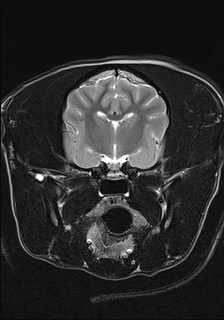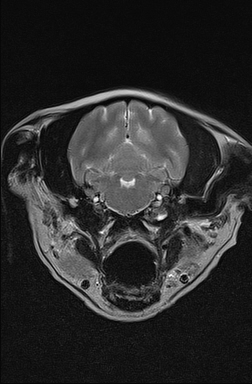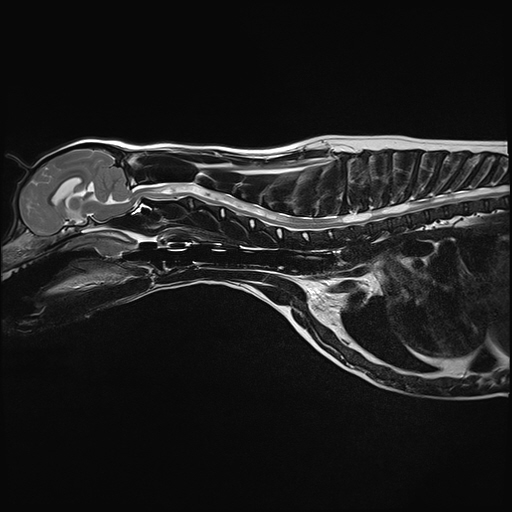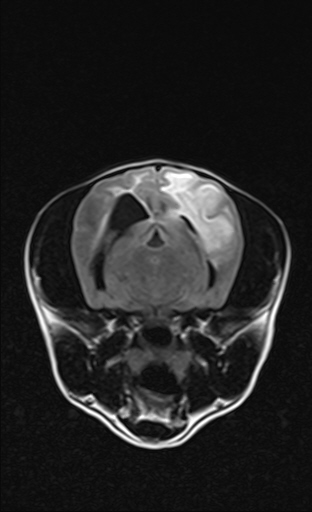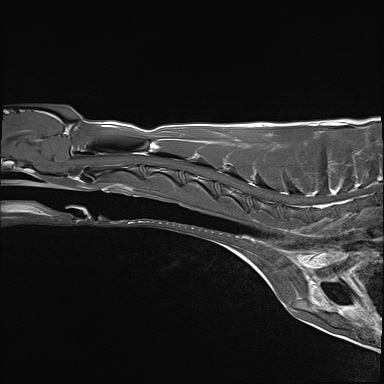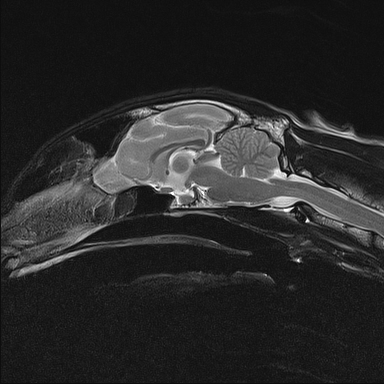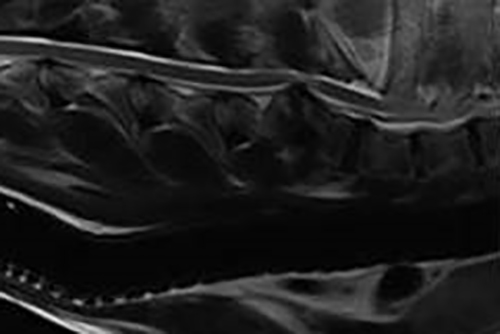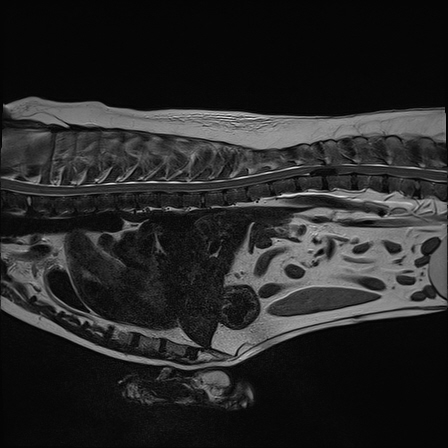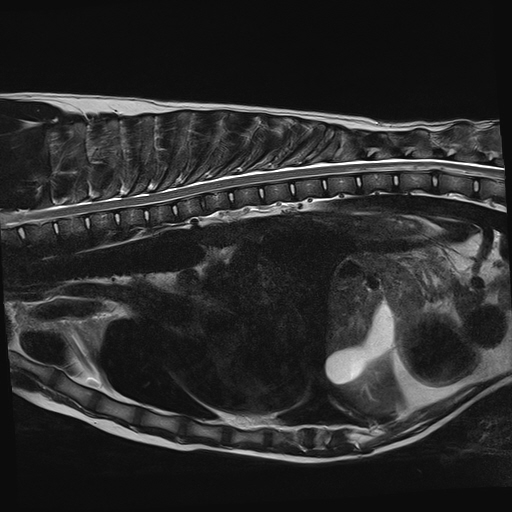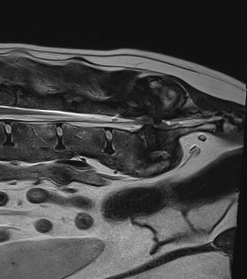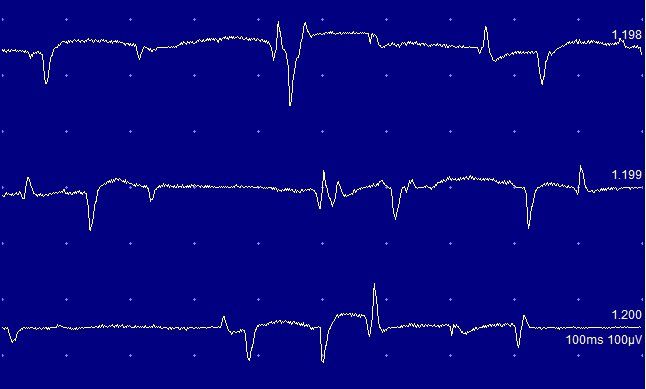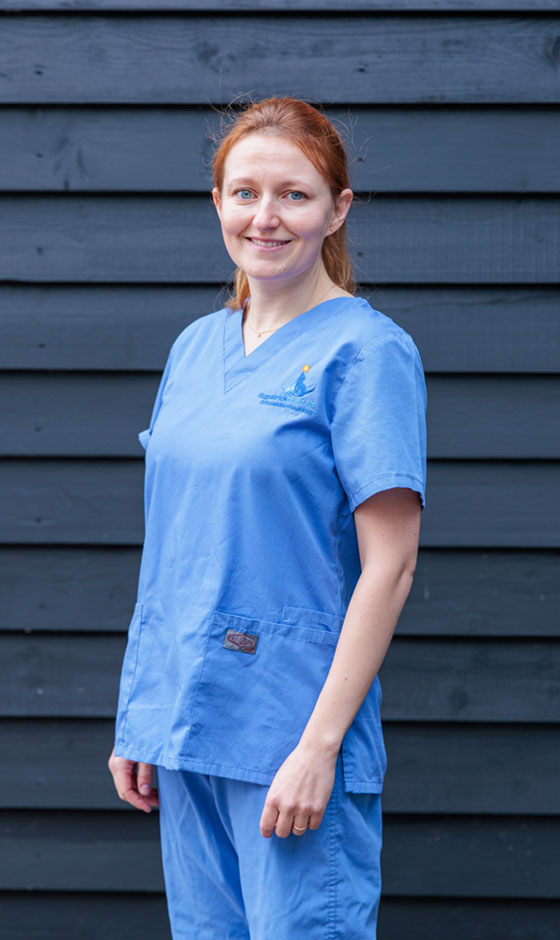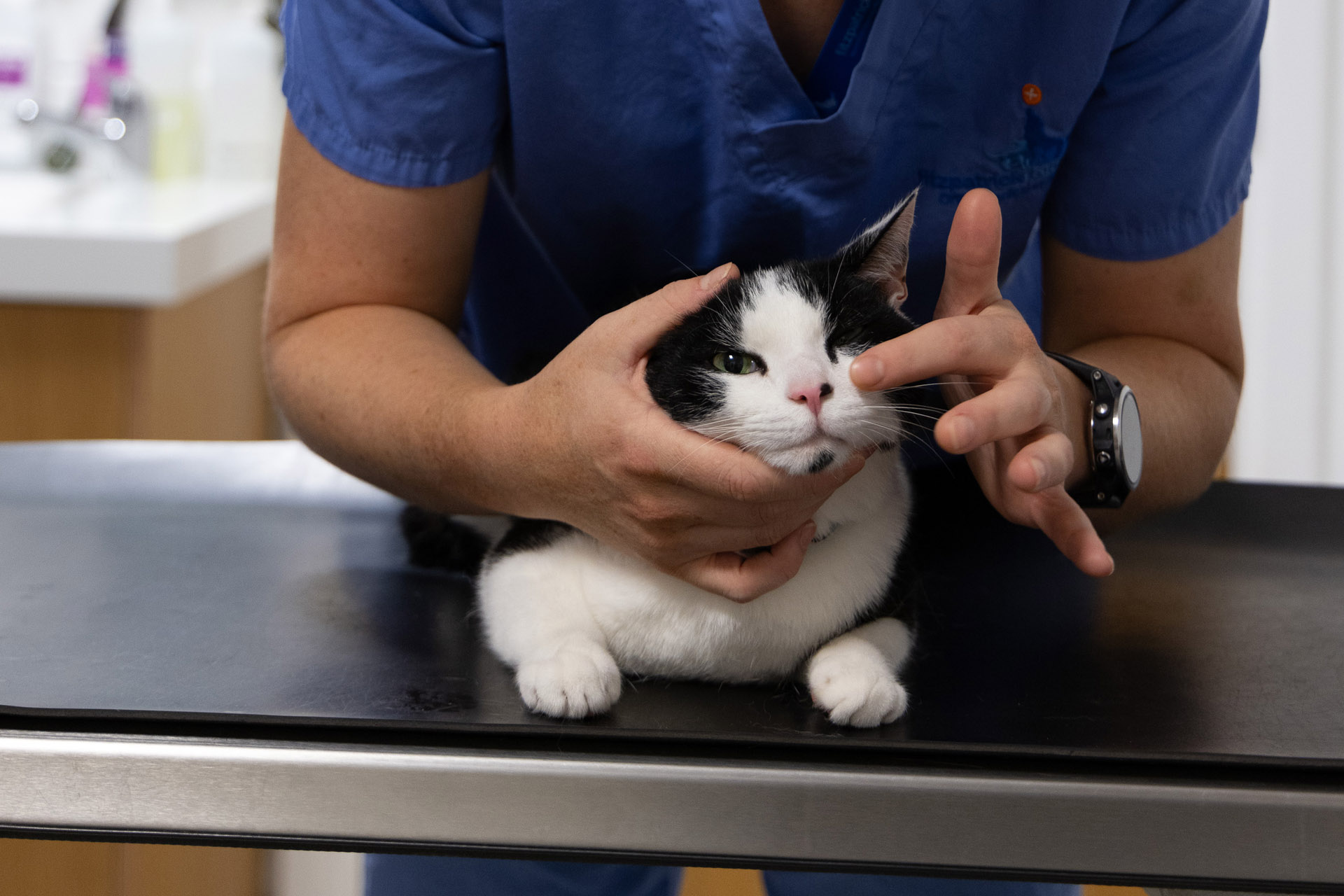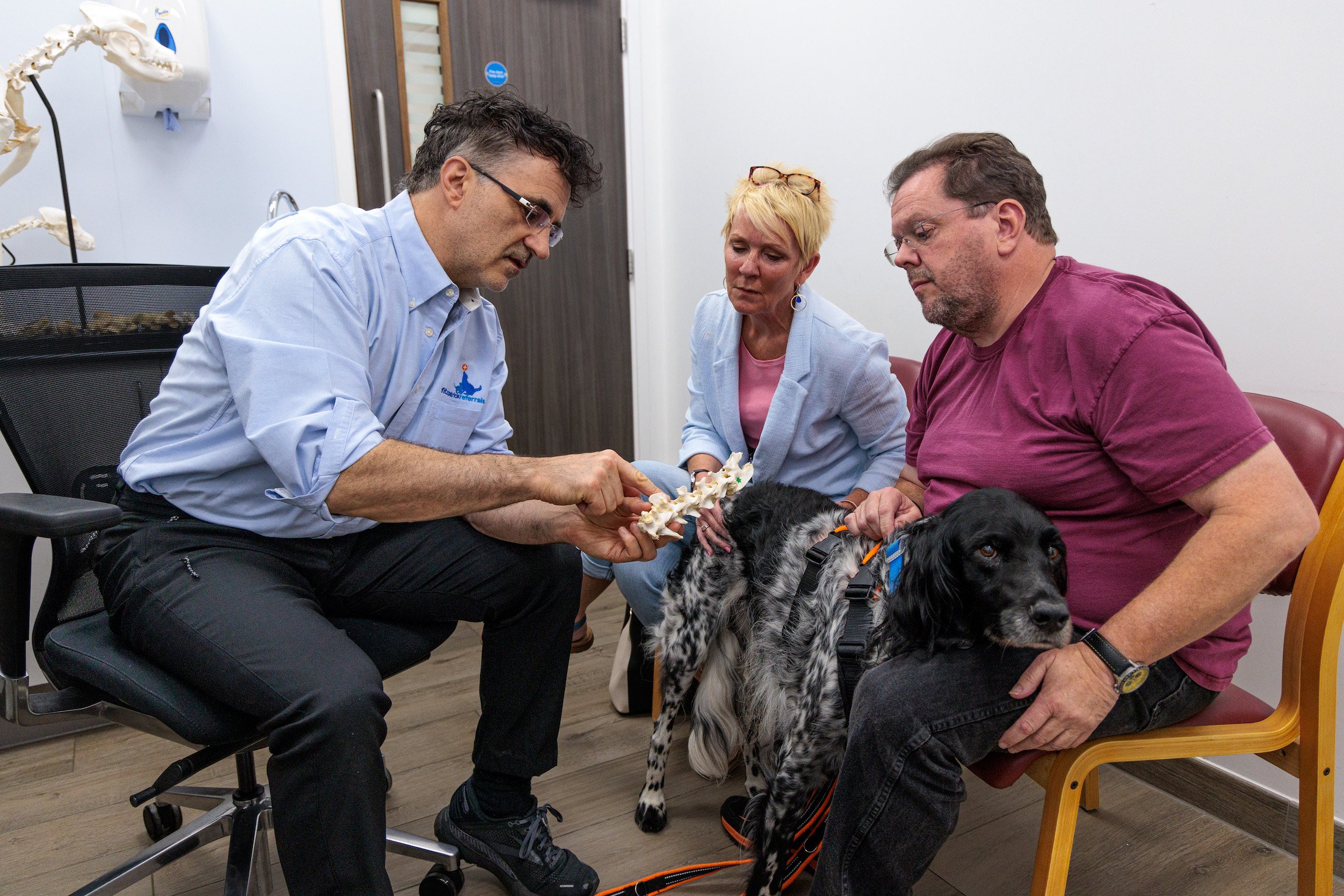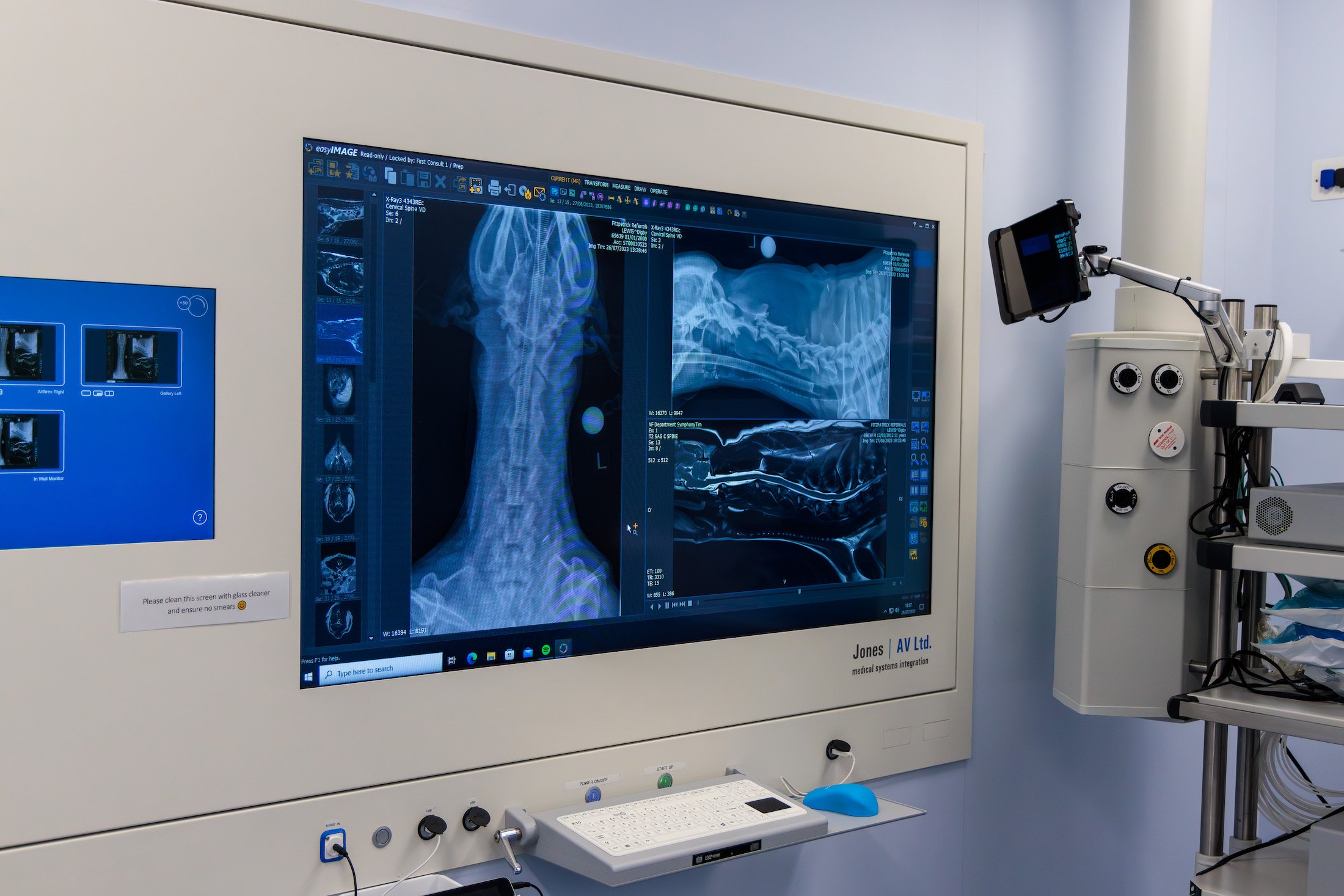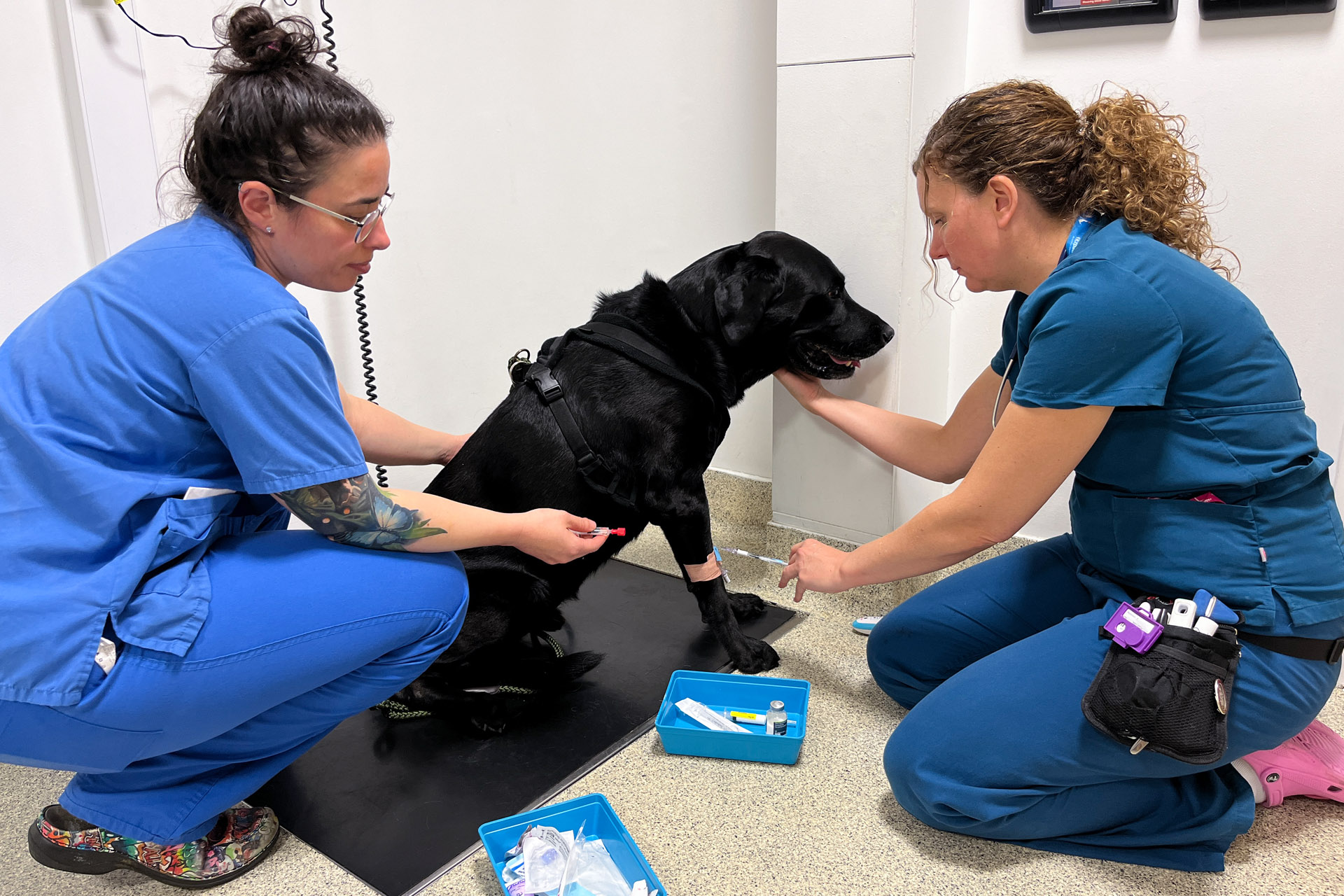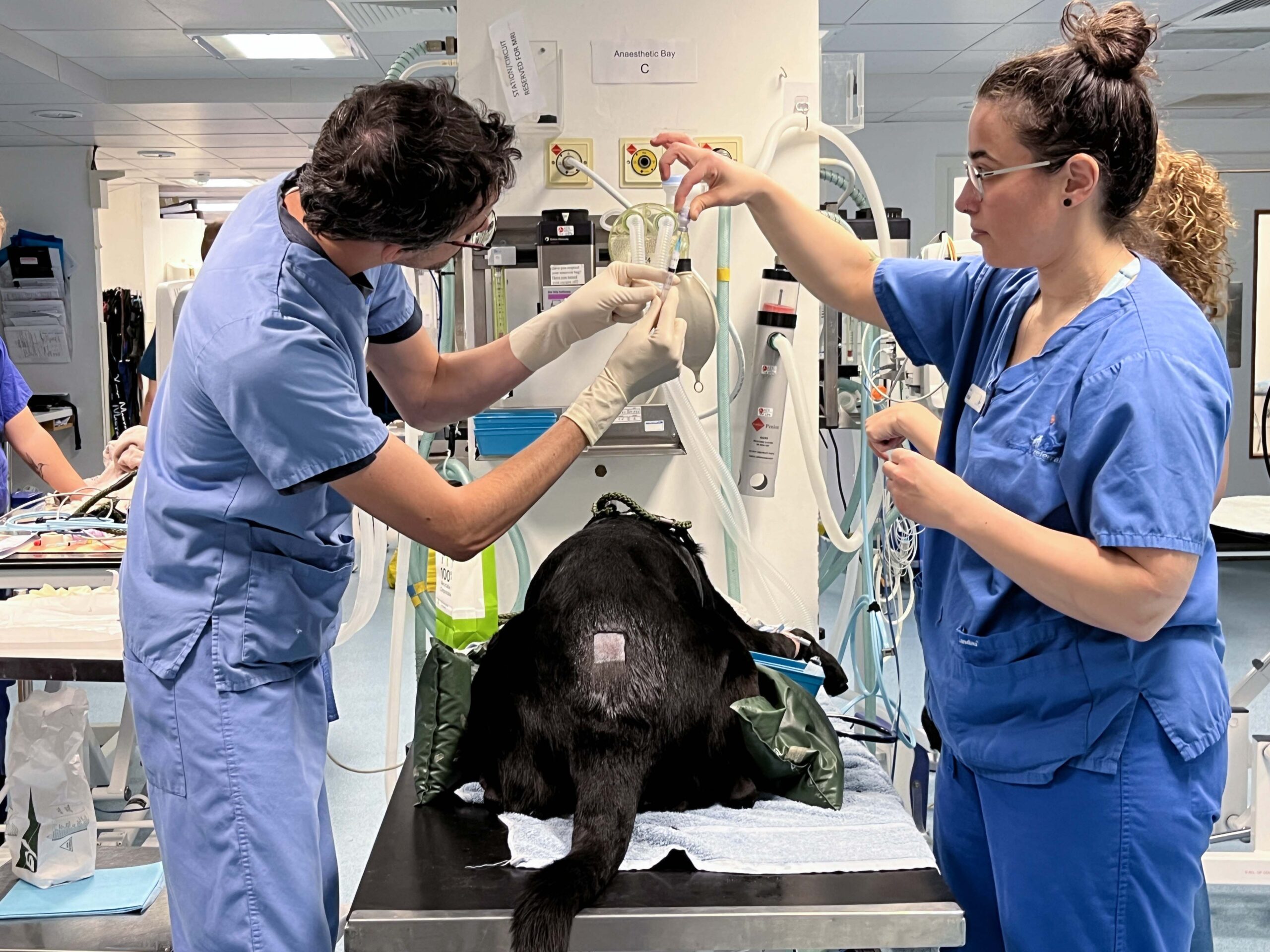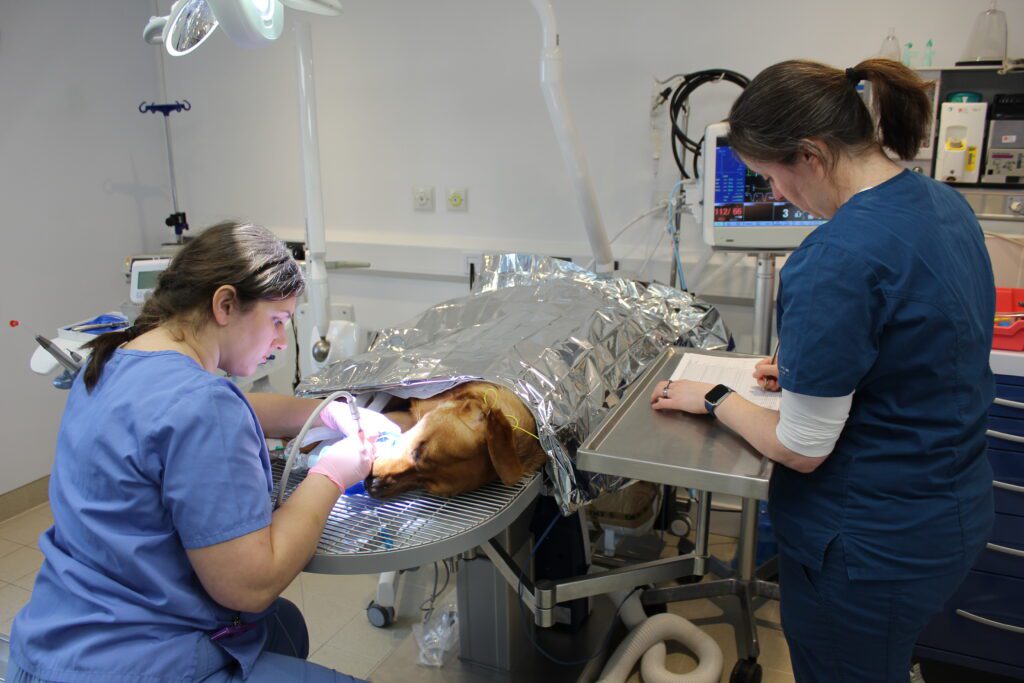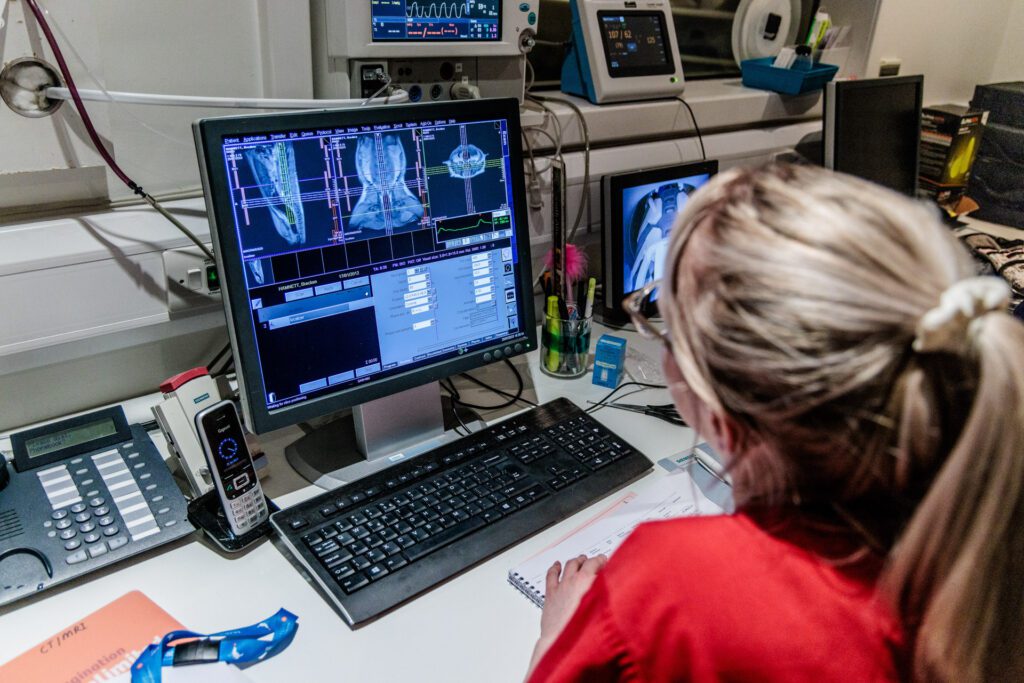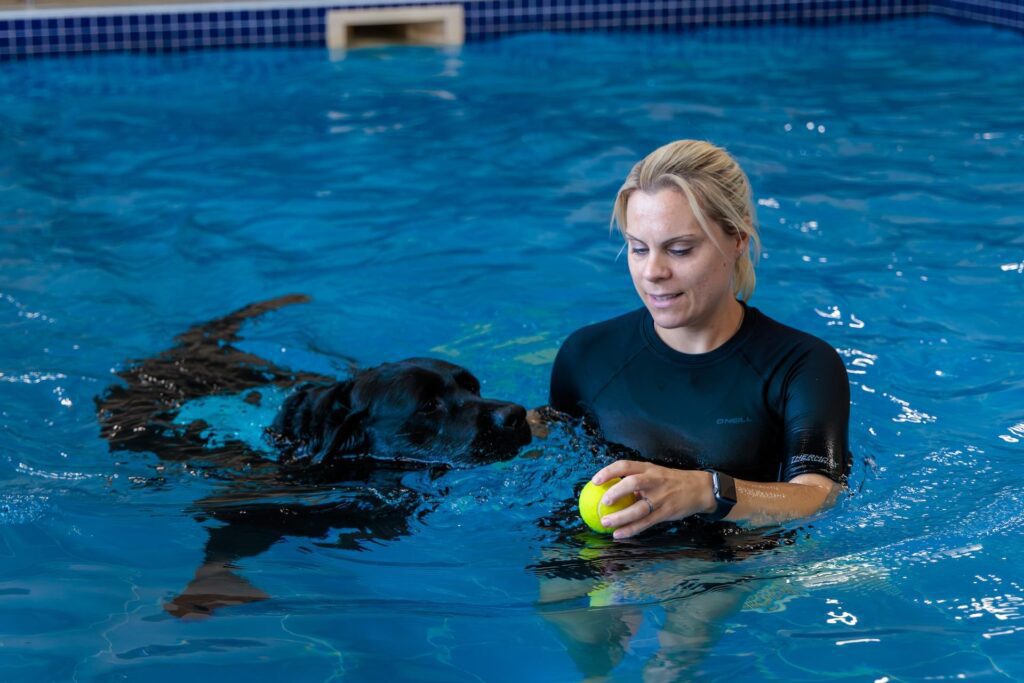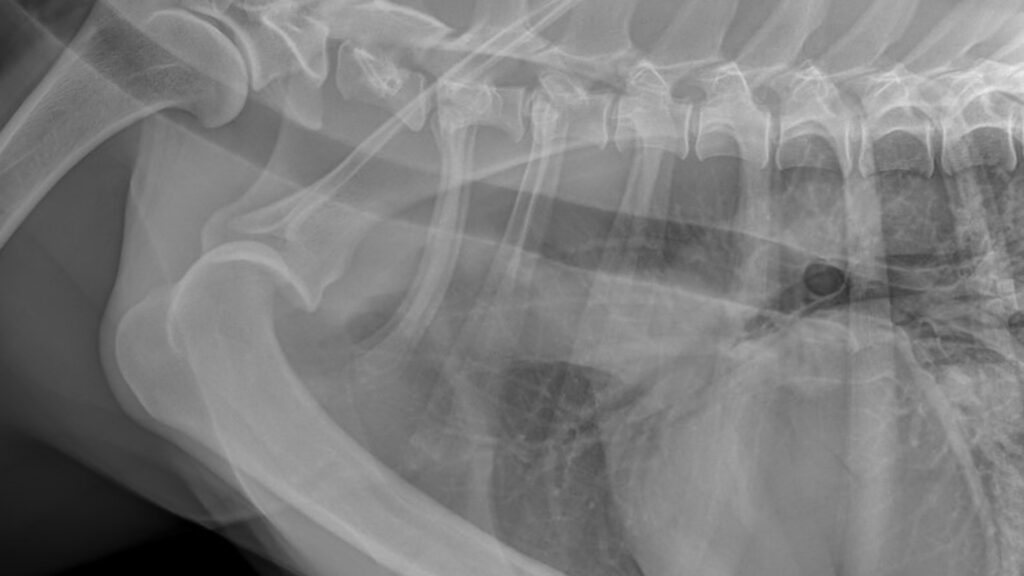STATE-OF-THE-ART FACILITIES
Compassionate care and treatment
Fitzpatrick Referrals has established itself as a leading centre for surgical and medical veterinary neurological care. We are renowned for our commitment to excellence and our compassionate approach.
Led by a team of highly skilled neurologists, the team is dedicated to diagnosing and treating a wide range of neurological disorders in companion animals.
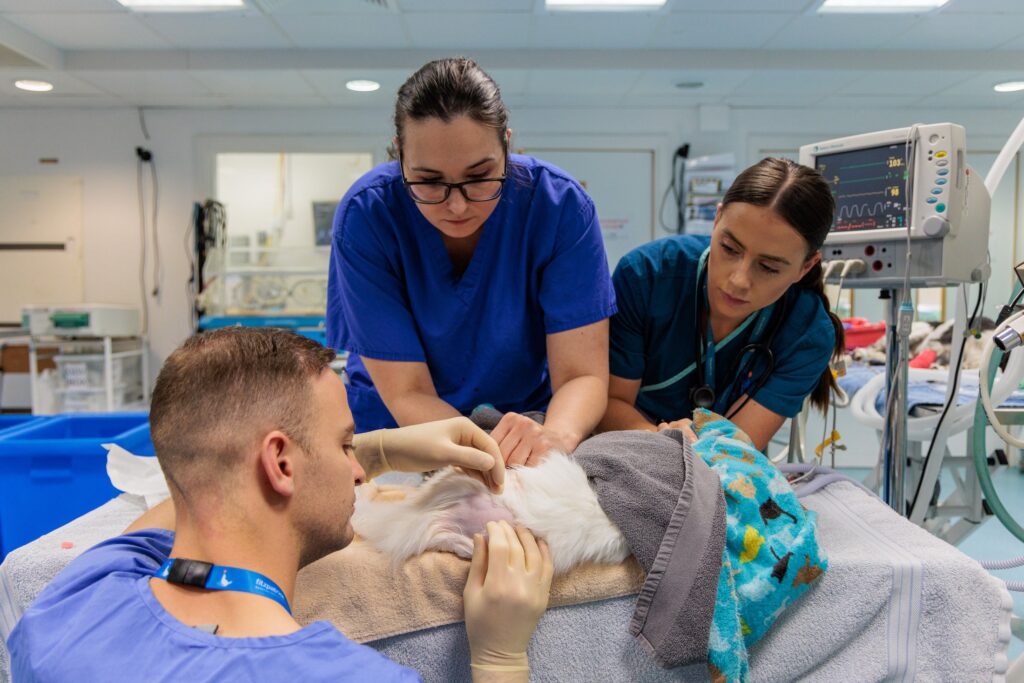
Neurology
Conditions
Fitzpatrick Referrals diagnoses and treats a variety of neurological conditions. Our team of neurologists specialise in both medical and surgical neurology.
Brain
Neurological conditions affecting the brain of companion animals.
Spine
Neurological conditions affecting the spine of companion animals.
Neuromuscular
Neurological conditions affecting the nerves and muscles of companion animals.
Refer a patient today
Veterinary professionals – register to refer patients quickly and efficiently, and view your referral history.

OUR TEAM
Neurology team
Our team of neurology specialists have decades of experience in the field of neurology having seen and treated thousands of cases.
NEUROLOGY
Team in action
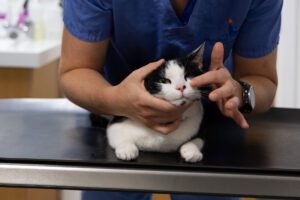
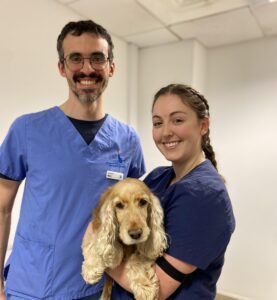


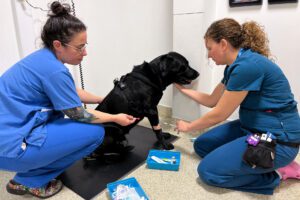
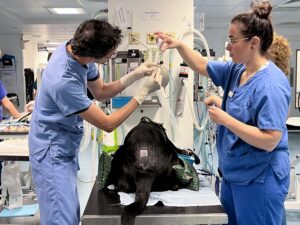
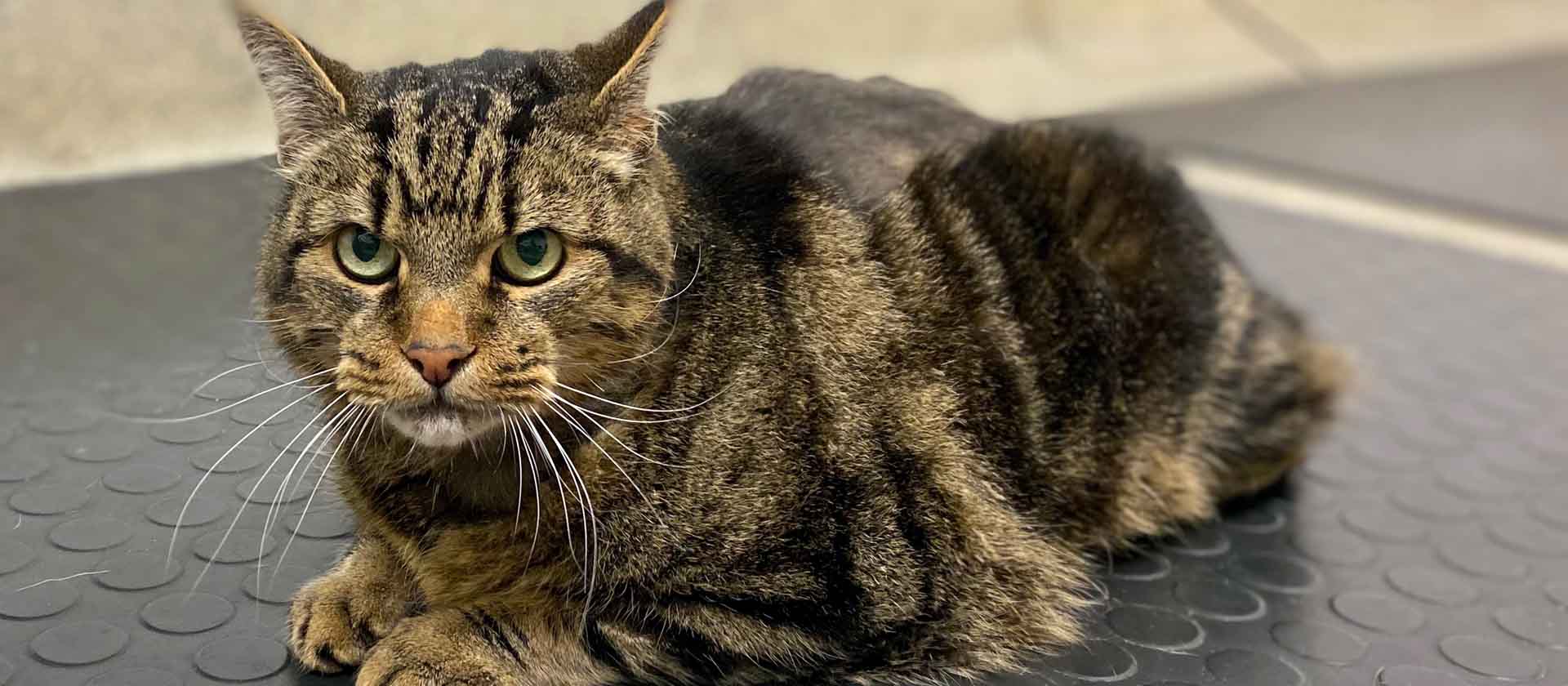
We are so grateful to you all for your surgical magic and care for Doug. He is now fully into trotting despite the 8 titanium pins in his back!
CASE STUDIES
Patient stories
Our patient stories give insight into the inspirational journeys of the animals who come through our doors and how we helped them.
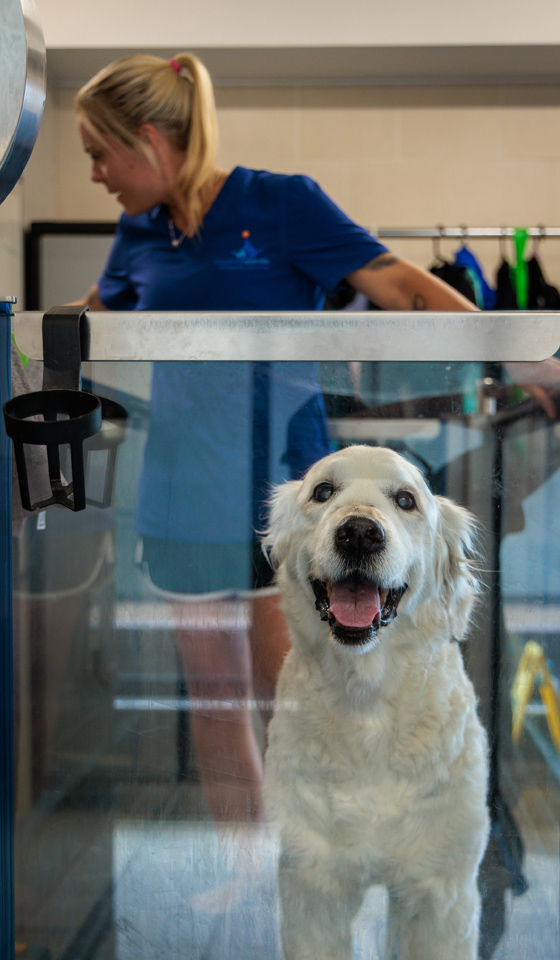
PATIENT STORY
Holly’s hydrotherapy rehabilitation after spinal surgery
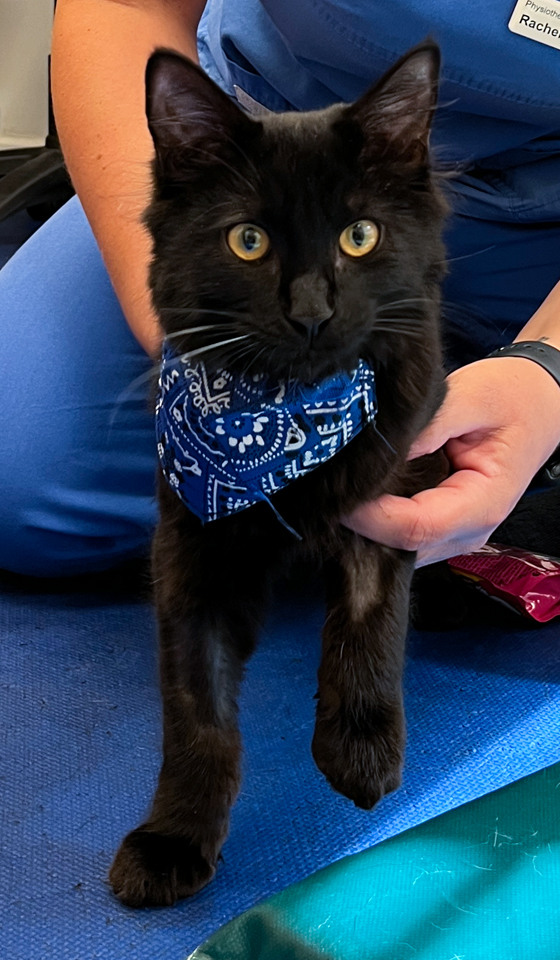
PATIENT STORY
Leeroy’s elbow trauma injury
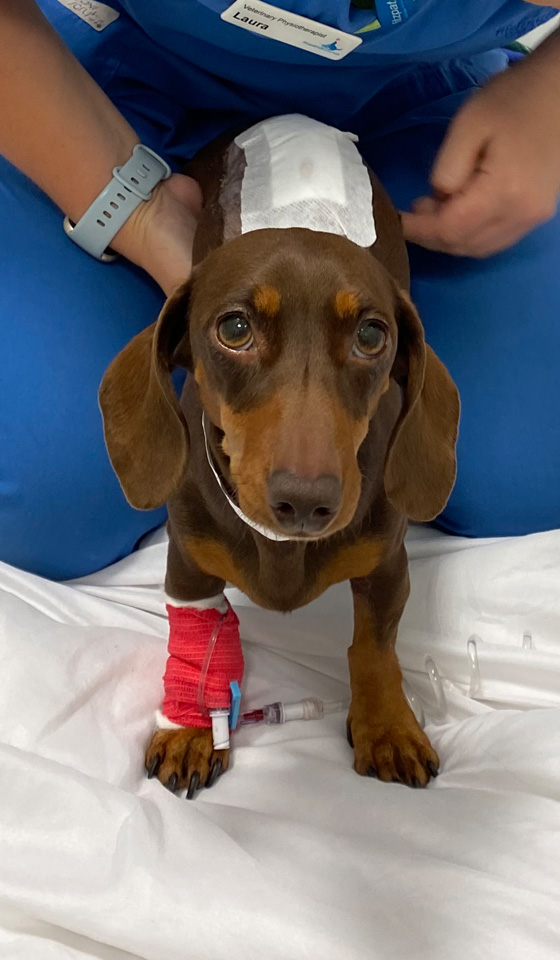
PATIENT STORY
Ellie’s intervertebral disc extrusion (IVDE)
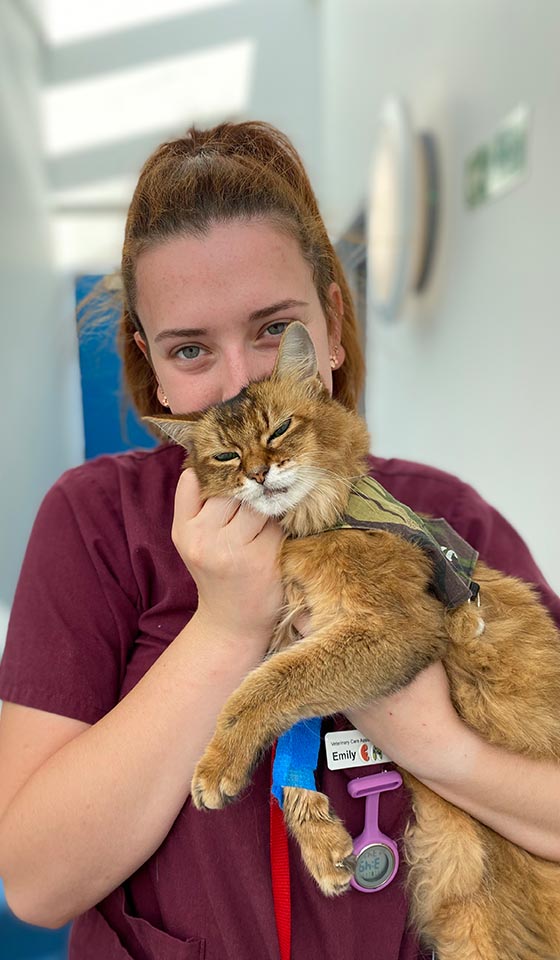
PATIENT STORY
Jack’s middle / inner ear infection
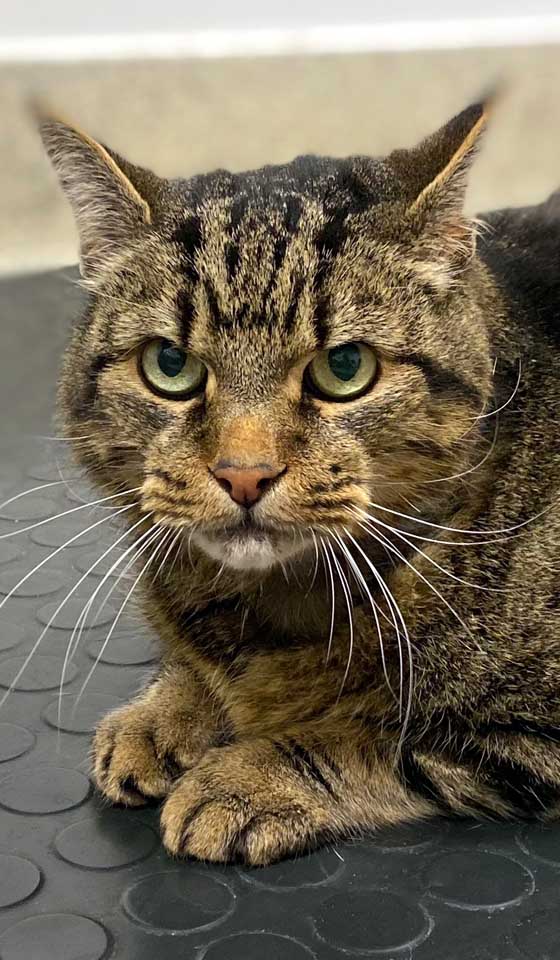
PATIENT STORY
Doug’s spinal tumour

PATIENT STORY
Rocky’s intervertebral disc disease (IVDD)

PATIENT STORY
Gizmo’s atlanto-axial subluxation
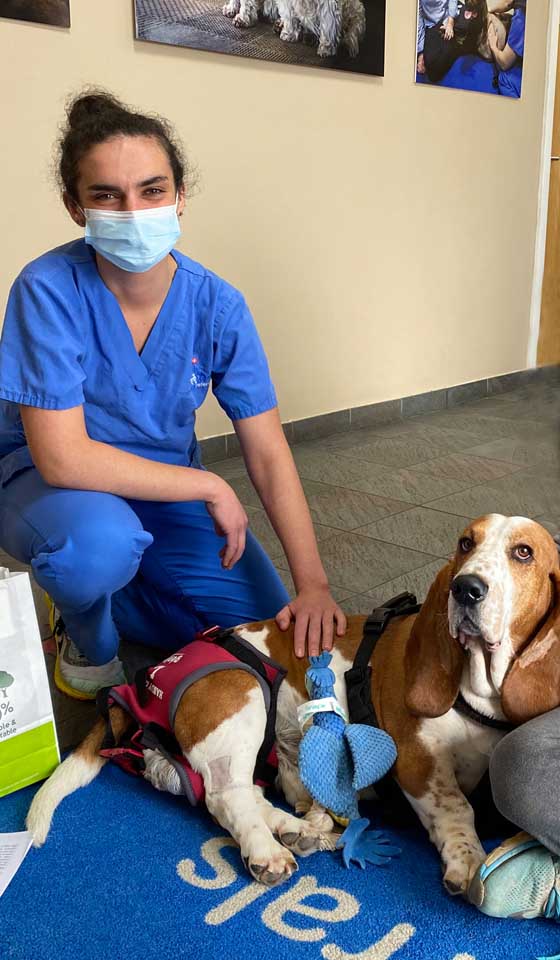
PATIENT STORY
Wellington’s multiple intervertebral disc protrusions & spinal surgery

PATIENT STORY
Merlin’s ethanol toxicity after eating gin-soaked sloe berries
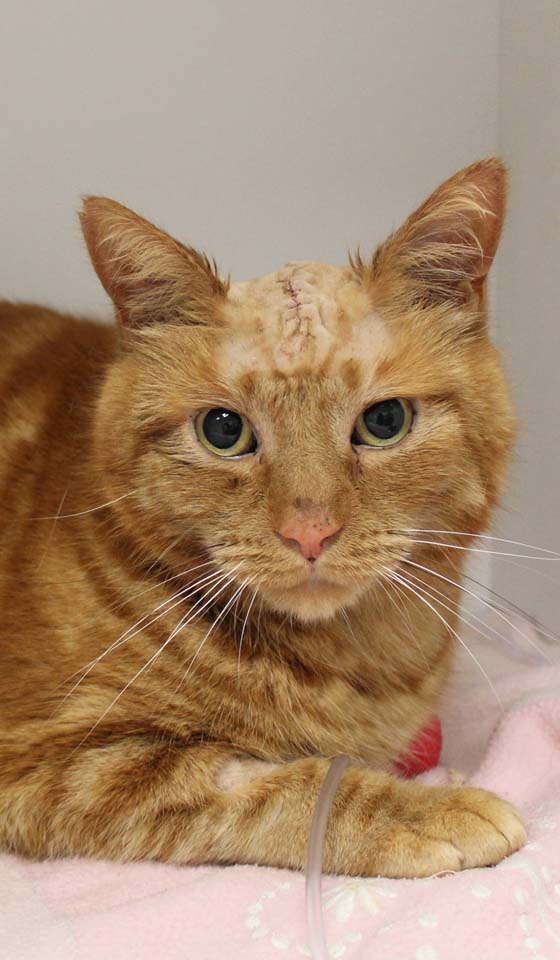
PATIENT STORY
Branson’s brain tumour

CAREERS
Join the team
We know it is our team that makes what we do possible.
We are always looking to strengthen our team with skilled, dedicated, passionate professionals.


